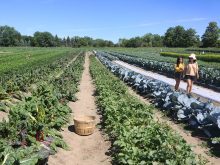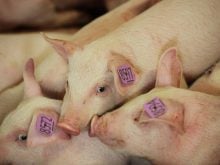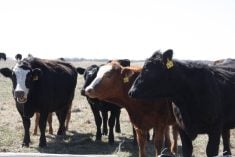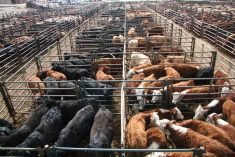Freedom of choice remains uppermost in the minds of Manitoba’s cattle producers when it comes to a new mandatory, nonrefundable beef levy for the province.
The Manitoba Cattle Producers Associated gathered producer opinions through surveys it circulated at three meetings held earlier this month. Of the more than 1,500 producers who attended the meetings at Grosse Isle, Ste. Rose du Lac and Brandon, 895 returned the surveys.
Of the respondents, 91 percent said they wanted a vote on the levy. A similar percentage indicated they were not in favour of paying a mandatory, nonrefundable levy.
Read Also
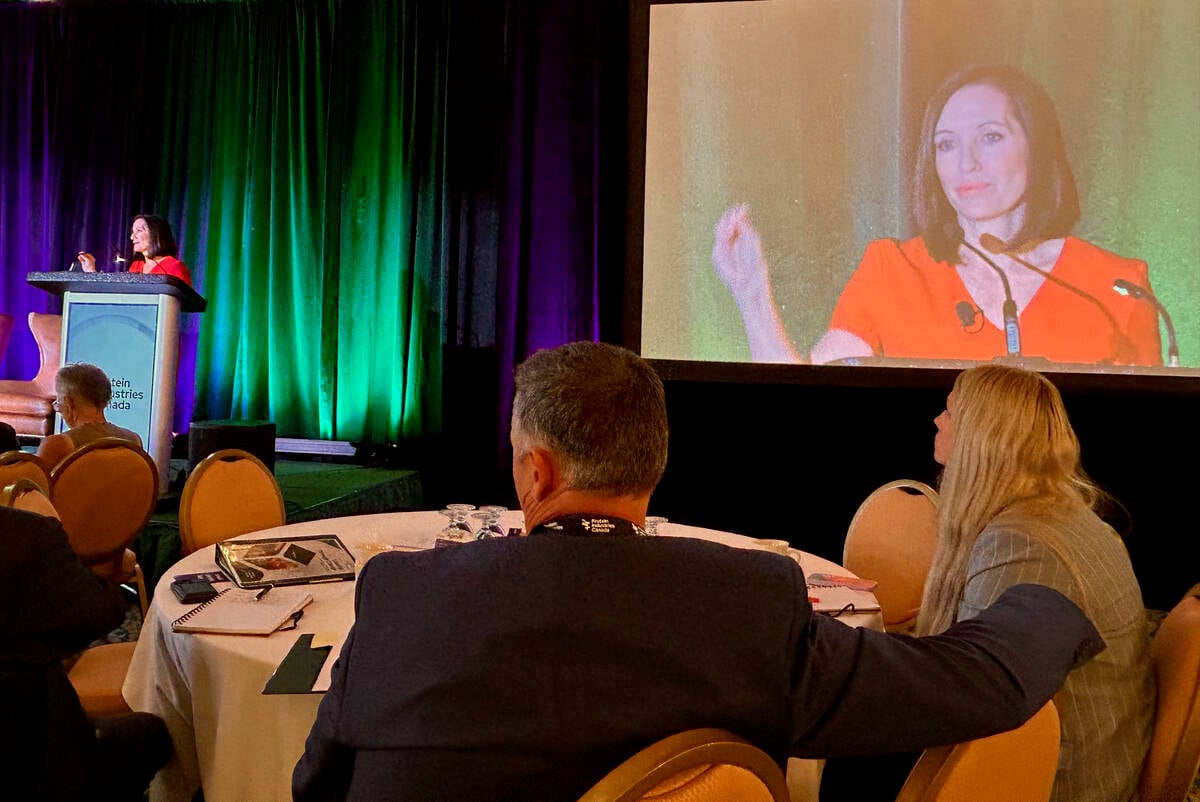
Canada told trade crisis solutions in its hands
Canadians and Canadian exporters need to accept that the old rules of trade are over, and open access to the U.S. market may also be over, says the chief financial correspondent for CTV News.
However, 60 percent of respondents indicated they would support a mandatory, $2 per head levy if it was refundable, allowing them to apply to get their money back.
The results of the survey were released May 12 by the MCPA.
“It’s an indication that the province needs to relook at what they’re doing,” said the association’s executive director, Keith Robertson.
“Producers have spoken. They’re not in favour of a nonrefundable levy. They want some choice.”
The Manitoba government announced the new beef levy in March as a way to raise money for increased cattle slaughter capacity in the province. The province pledged it would match producer contributions. The money from the levy is to be managed by the Manitoba Cattle Enhancement Council, which was also announced in March.
The MCPA has asked the province to hold a producer vote on the levy or to make it refundable, a measure the association believes would keep the beef enhancement council accountable.
However, Manitoba agriculture minister Rosann Wowchuk has said there will not be a plebiscite on the issue and the levy will remain nonrefundable. She has insisted that all producers should contribute since all of them stand to benefit from a fund to support increased slaughter.






